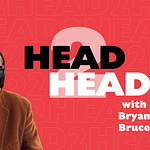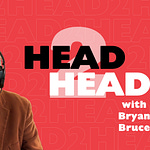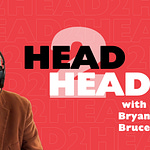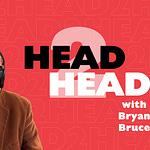Lisa teaches taxation at both undergraduate and postgraduate level. Her research interests include social justice and inequality. She has a particular interest in what is politely termed “the behavioural impacts of taxation.”
White-collar crime (fraud and deception) is the fastest growing crime type in NZ and in our conversation we cover the general attitude to it in our country
The Tax amounts each year that ought to have been paid but aren’t, are staggering - in the most recent year where data is available (2022-23), Inland Revenue “identified” $973 million in revenue. With our population of 5.124 million, that is $190 for every man, woman and child in the country. That’s what was found – what wasn’t found will be much, much more.
In short, if everyone was honest and paid their taxes we would have better public services or we could all pay less tax than we do.
What could we do?
Lisa says:
“We could resource detection and prosecution more – roughly only 40 people are prosecuted each year for tax evasion as complex cases are costly to enforce.
The government has just cut the Serious Fraud Office budget (by 3.5%) – and the SFO will lose around 7% of their workforce as a result. Currently, they only take a small number of prosecutions a year as their funding is quite low – but this will be reduced even further.
See Table 1 below on IR Resourcing.
And we could increase the penalties for tax evasion. Very few tax evaders go to prison or pay a fine (see Table 2 below on sanctions).
There is a lack of transparency around all the cases that receive negotiated outcomes from Inland Revenue. Negotiations are preferable from IR perspective as they generate at least some revenue – prosecutions typically do not.
Most people are unlikely to be prosecuted if they pay the tax that is due (even if it is from evasion) – which means that people can buy justice (this is not an option open to – for example – benefit fraud).
It also leaves honest taxpayers at a disadvantage (because those who only earn wages and salaries are not in a position to not pay their tax). And essentially there is very little by way of “punishment” for tax evasion.
So there is no deterrence – it just returns people to the same situation that they were if they had been honest.
We have a lot of liquidations in NZ of companies that have tax debt – Inland Revenue initiate usually around 60% of liquidations in NZ. Some will be legitimate – but some will be businesses trading while in solvent – but there are very few prosecutions of these companies.
Lisa told me she likes the idea of sentencing guidelines for white-collar crime. They have these in England and Wales – and the idea is that there are set penalties for certain values of offending. The courts can still take into account mitigating or aggravating factors – but it lends a lot of transparency into the sentencing process. Interestingly, tax fraud has higher penalties than benefit fraud.
There are a lot of things that other countries to do ‘encourage’ people to pay tax – there isn’t necessarily crime in this, but Inland Revenue writes off significant amounts of money every year from unpaid tax. Those who earn wages and salaries don’t get the opportunity to not pay their tax, so there are equity issues when those who are (for example) self-employed, can negotiate to not pay some of their tax:
Publish names of tax debtors
·Impose liability on company directors (e.g. Australia – directors become personally liable for tax debts)
Pass debtors details to credit agencies
Use debt collectors
Not allow tax debtors to bid for government contracts”
Funding for independent public journalism has been cut off by the current government. To support my work in speaking truth to power, please share posts on your social media sites. If you are a free subscriber, please consider becoming a $5 per month paid subscriber which will also give you access to premium posts, documentaries and podcasts plus the comment and chat facility. To those of you who are already paid subscribers - thank you for helping me to keep going.















Share this post